Read time: 5 minutes
Athletic performance is greatly influenced by the type of training and physical demands placed on the body.
Sports nutrition varies significantly among different types of athletes. This is because there are differing demands placed on their bodies during training and competition. Each category of athletes requires a tailored dietary strategy to optimize their performance and achieve their specific goals.
In this post, I’ll cover the nutritional needs of athletes that require strength to succeed. The competitive activities that fall into this category are powerlifting, CrossFit, strongman, shot put, discus throw, and strongman competitions.
Understanding the Needs of Strength Athletes
Strength athletes are individuals who rely on short bursts of intense power and strength. Their primary focus is on building muscle mass, improving strength, and increasing power.
Strength athletes primarily use anaerobic energy systems to meet the intense demands of their training. The two main anaerobic energy systems are the ATP-PCr system and the glycolytic system.
The ATP-PCr is used during short bursts of intense activity. This includes lifting heavy weights or performing explosive movements. It provides a rapid and immediate source of energy by breaking down stored phosphocreatine to regenerate ATP. ATP, or adenosine triphosphate, is the body’s primary energy currency.
The ATP-PCr system, however, is limited and depletes energy quickly. Therefore, when an activity extends beyond a few seconds, the glycolytic system kicks on. This system converts stored glycogen (carbohydrates) into ATP and supplies additional energy during moderate to high-intensity exercises. Although these anaerobic systems support strength training, strength athletes tend to have limited endurance. This is why strength athletes typically require longer rest periods between sets. The rest allows for ATP and phosphocreatine replenishment.
Also Read: 8 secrets to improving endurance in any athletic activity
Phosphocreatine is essential to strength athletes because it serves as a quick energy reserve. This supports the intense and explosive efforts during resistance training. It also allows for faster recovery between sets. Its role in regenerating ATP makes it a vital component of the energy systems utilized during short and intense activities.
To support their intense workouts and muscle-building, strength athletes have specific nutritional requirements. In this post, I describe their individual macronutrient, micronutrient, and hydration needs.
Protein Needs for Strength Athletes
Protein is a fundamental macronutrient for strength athletes. It plays a pivotal role in supporting muscle repair, recovery, and growth. Strength athletes subject their muscles to intense stress during resistance training, resulting in micro-tears in the muscle fibers. Protein is essential for repairing these damaged fibers and promoting muscle hypertrophy. Protein intake also optimizes muscle protein synthesis, the process by which the body builds new muscle tissue. By consuming enough protein, strength athletes provide their bodies with the building blocks (amino acids) necessary for efficient recovery and growth.
Also Read: What is Considered a High-Quality Protein?
The recommended protein intake for strength athletes typically ranges from 1.2 to 2.2 grams per kilogram of body weight per day. The exact intake depends on individual factors such as training intensity, body composition goals, and training experience. High-quality protein sources are best for ensuring amino acid variety. Both animal and plant proteins can be valuable sources of essential amino acids, which are the building blocks of protein. Animal-based proteins, however, offer more complete amino acid profiles than plant-based options.
Also Read: Complete Guide to Buying Quality Animal Protein
Many strength athletes also utilize protein supplements to meet their daily protein requirements. Protein intake and timing around training sessions can maximize gains, optimize recovery, and achieve peak performance.
Carbohydrate Needs for Strength Athletes
Carbohydrates are a crucial fuel source for strength athletes. They provide the energy necessary to sustain high-intensity workouts and optimize overall performance. During resistance training, the body predominantly relies on carbohydrates to supply the quick energy needed for explosive movements and heavy lifts. Consuming sufficient carbohydrates ensures that strength athletes have adequate glycogen stores in their muscles. Glycogen helps delay fatigue and supports longer and more intense training sessions. Additionally, carbohydrates spare protein from being used as an energy source. This preserves amino acids for their primary role in muscle repair and growth.
The optimal carbohydrate intake for strength athletes depends on various factors. They include training volume, intensity, body weight, and individual goals. Strength athletes may want to aim for 45-65% of their total caloric intake from carbohydrates. Complex carbohydrates from whole foods are better than simple sugars because they digest more slowly. This provides the body with a steadier release of energy rather than a sudden rush of glucose. Examples of foods that contain complex carbohydrates are whole grains, brown rice, sweet potatoes, and fruits.
Also Read: The Carbohydrate Conundrum: The Truth About Good and Bad Carbs
Proper carbohydrate timing is also essential for strength athletes. Consuming carbohydrates before and after workouts maximizes glycogen replenishment and supports recovery. Strength athletes should aim for at least 25 grams, 30-60 minutes before and after a workout.
Fat Needs for Strength Athletes
Fats also play a vital role in the diet of strength athletes. They contribute to overall health, hormone production, and energy utilization. While carbohydrates are the primary energy source during high-intensity training, fats serve as an essential secondary fuel source for less intense activities. Fats are also crucial for the absorption of fat-soluble vitamins (A, D, E, and K) and support the health of the nervous system.
Further Read: Embracing Healthy Fats for Optimal Athletic Performance
Healthy fats like avocados, nuts, seeds, and olive oil should be included in a strength athlete’s diet. These fats should also comprise about 20-35% of daily caloric intake for strength athletes. Fats provide a sustainable source of energy, promote satiety, and help maintain stable blood sugar levels. These attributes are beneficial for muscle recovery, hormone balance, and athletic performance.
Also Read: The DOs and DON’Ts of a Fat Adapted Diet for Athletes
Micronutrient Needs for Strength Athletes
Micronutrients play a critical role in supporting the overall health and performance of strength athletes. They include vitamins, minerals, and phytonutrients and are essential for various physiological processes that optimize muscle function, immune health, and recovery.
Also Read: The Vital Role of Micronutrients in Athletic Performance
Strength athletes have increased nutrient demands due to their higher metabolic rate and the stress placed on their bodies during intense training. Micronutrients like vitamins (A, C, D, E, K, B-complex) and minerals (iron, zinc, calcium, magnesium) are essential for enzyme reactions, energy metabolism, and oxygen transport, all of which are crucial for optimal athletic performance. Vitamin C and E help combat exercise-induced oxidative stress and support a healthy immune system, protecting the body from illnesses that could hinder training progress.
Also Read: Beginner’s Guide to Choosing Probiotics
Phytonutrients, also known as phytochemicals, are naturally occurring compounds found in plants. They serve several functions in plants, including acting as pigments, antioxidants, and defense mechanisms against environmental stressors like pests and UV radiation. When humans consume these plant-based foods, phytonutrients can exhibit similar beneficial effects in the body.
To meet their micronutrient needs, strength athletes should focus on consuming a diverse range of nutrient-dense plant-based foods. Examples include colorful fruits and vegetables, whole grains, nuts, and seeds. By prioritizing micronutrient-rich foods, strength athletes can reduce the risk of nutrient deficiencies which could impair performance. They will also prepare their bodies to handle the physical demands of training and competition.
Hydration needs for strength athletes
Proper hydration is key for optimizing performance, enhancing recovery, and maintaining fitness. During intense workouts, strength athletes can lose substantial amounts of fluids through sweat. This can lead to dehydration if not adequately replenished. Dehydration leads to hindered performance and increases the risk of injury.
Also Read: 5 Strategies for Achieving Daily Water Intake Goals
To stay hydrated, strength athletes should consume water before, during, and after training sessions. Electrolyte-rich beverages, such as sports drinks, can also be beneficial. Especially during prolonged and high-intensity workouts. Monitoring urine color is a practical way for athletes to gauge their hydration status. A pale yellow color indicates adequate hydration, while darker urine may indicate the need for more fluids.
In summary...
Rigorous training regimens, meticulous nutritional planning, and comprehensive preparation are all important for a strength athlete’s success. These factors help athletes excel in their sport and reach peak performance. A strength athlete’s training focuses on building muscle mass, strength, and power through intense resistance exercises. And adequate recovery and rest periods needed for optimal muscle repair and growth.
Nutrition also plays a crucial role in a strength athlete’s success. With emphasis on macronutrient intake, and hydration and electrolyte balance. These nutrients are crucial for performance and preventing dehydration during intense training sessions.
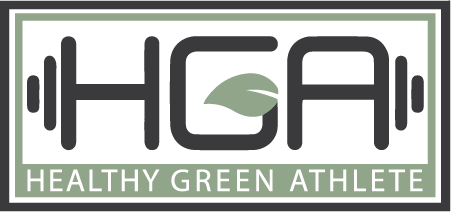
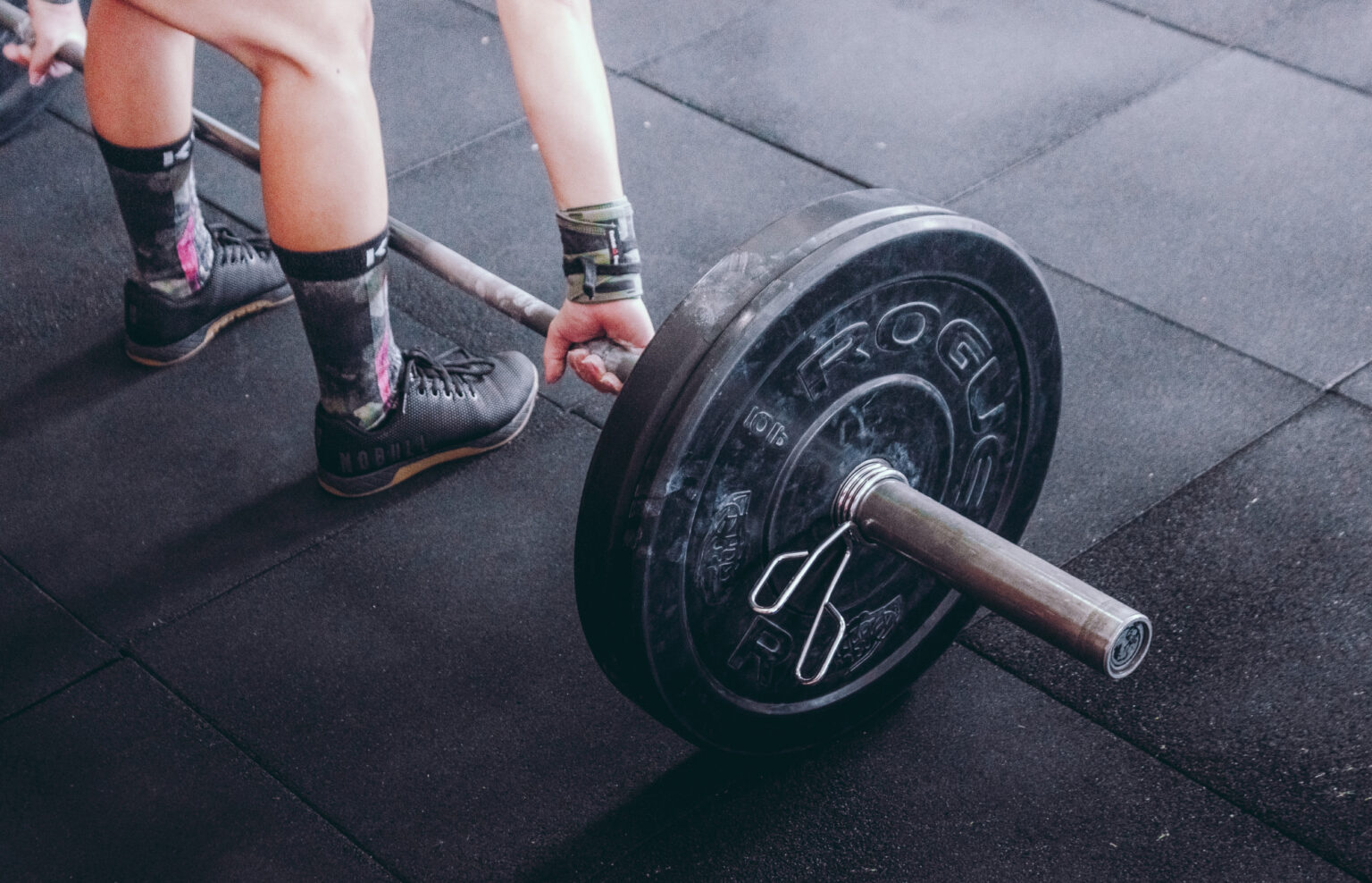
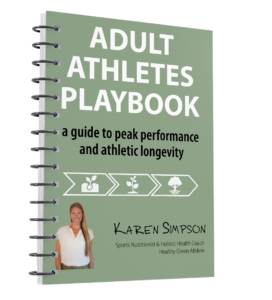

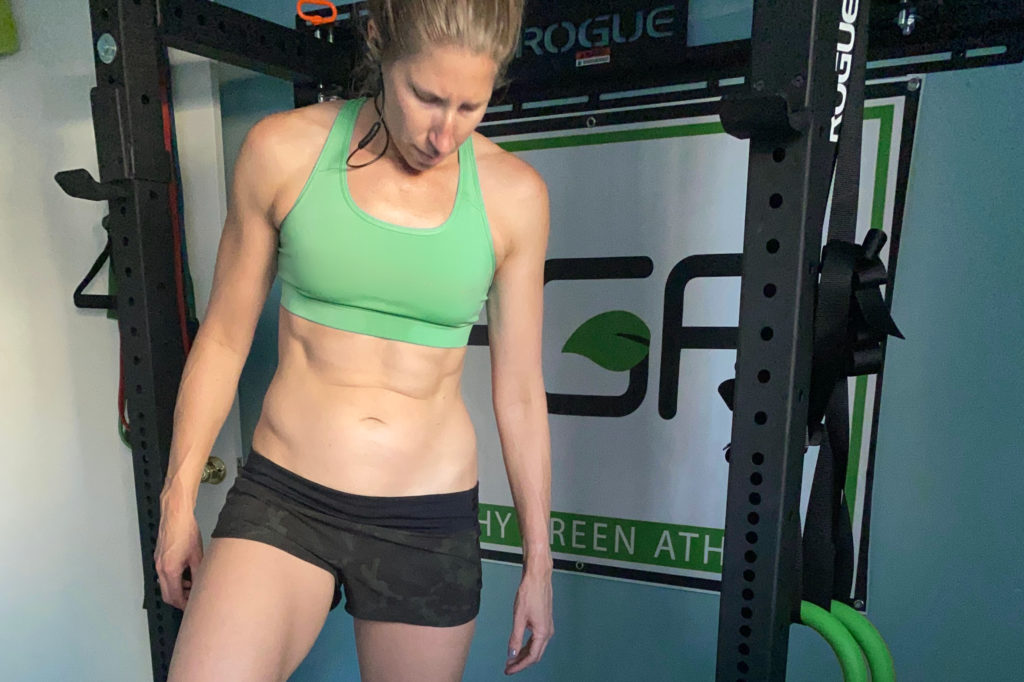

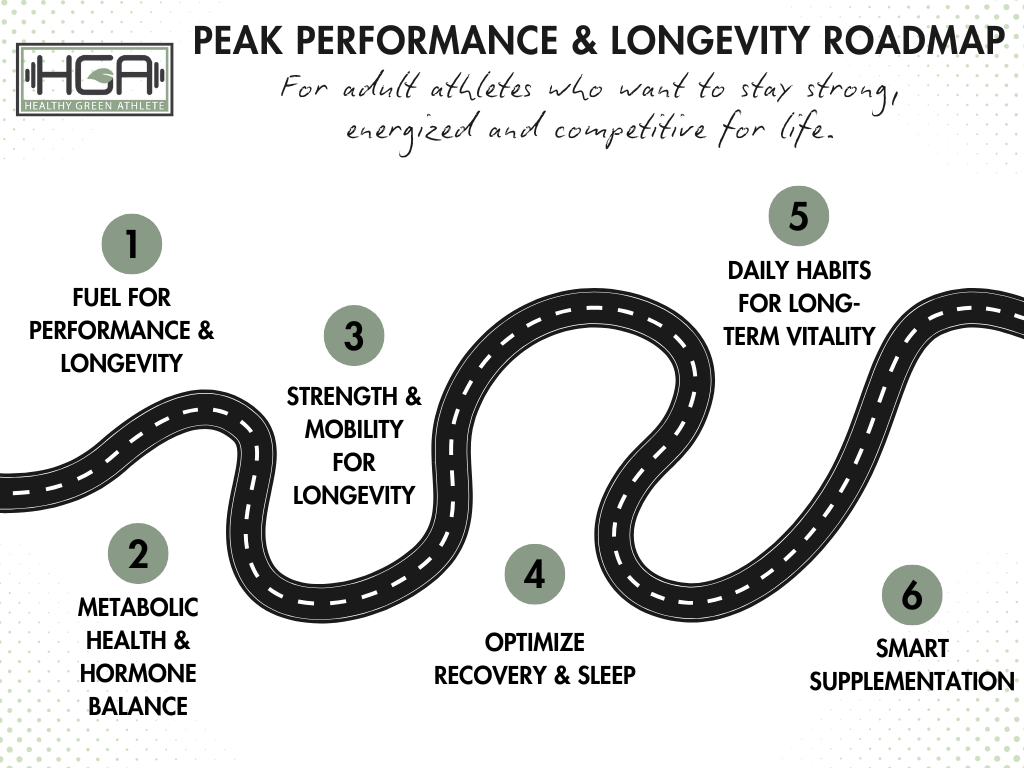

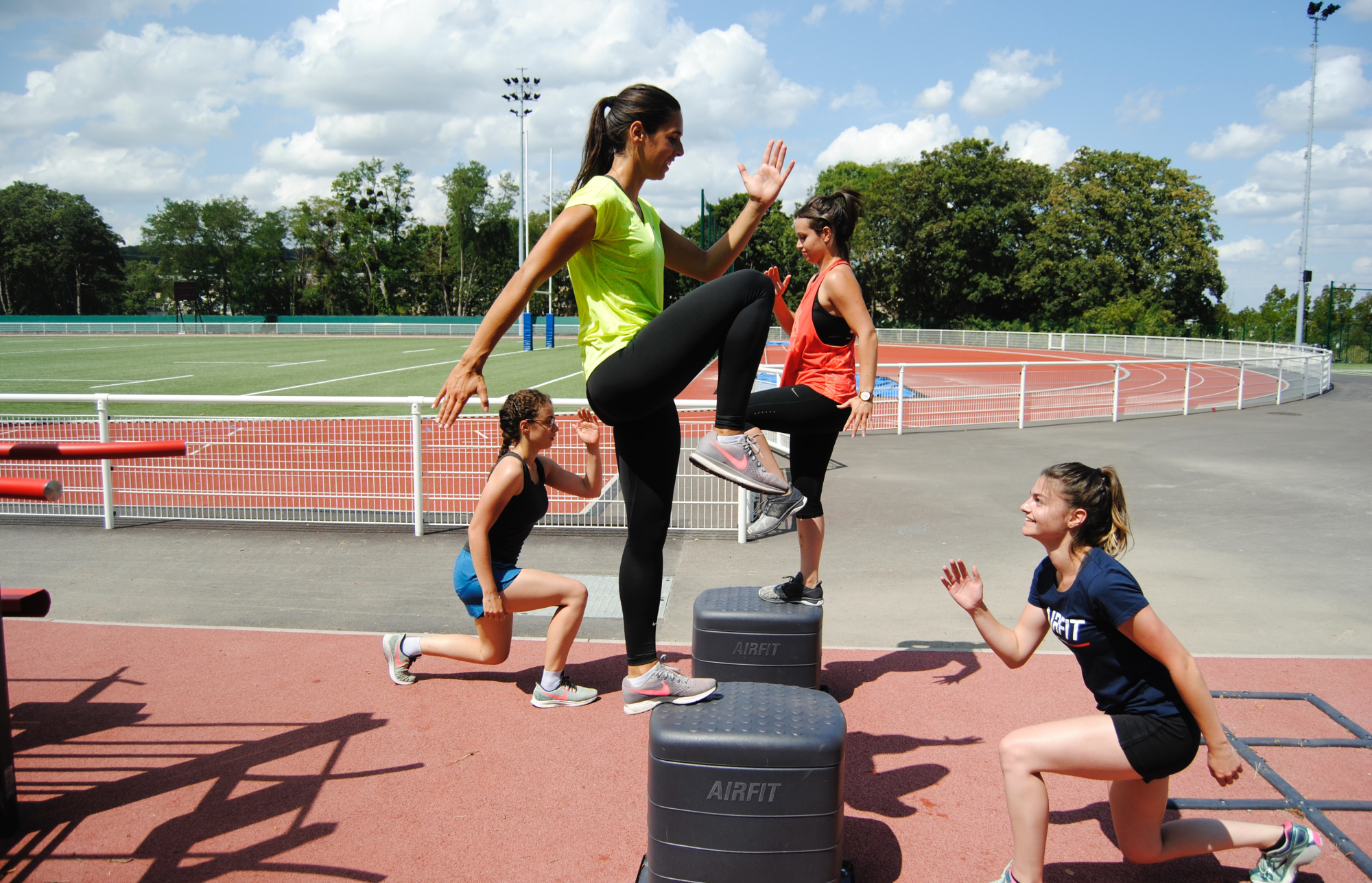


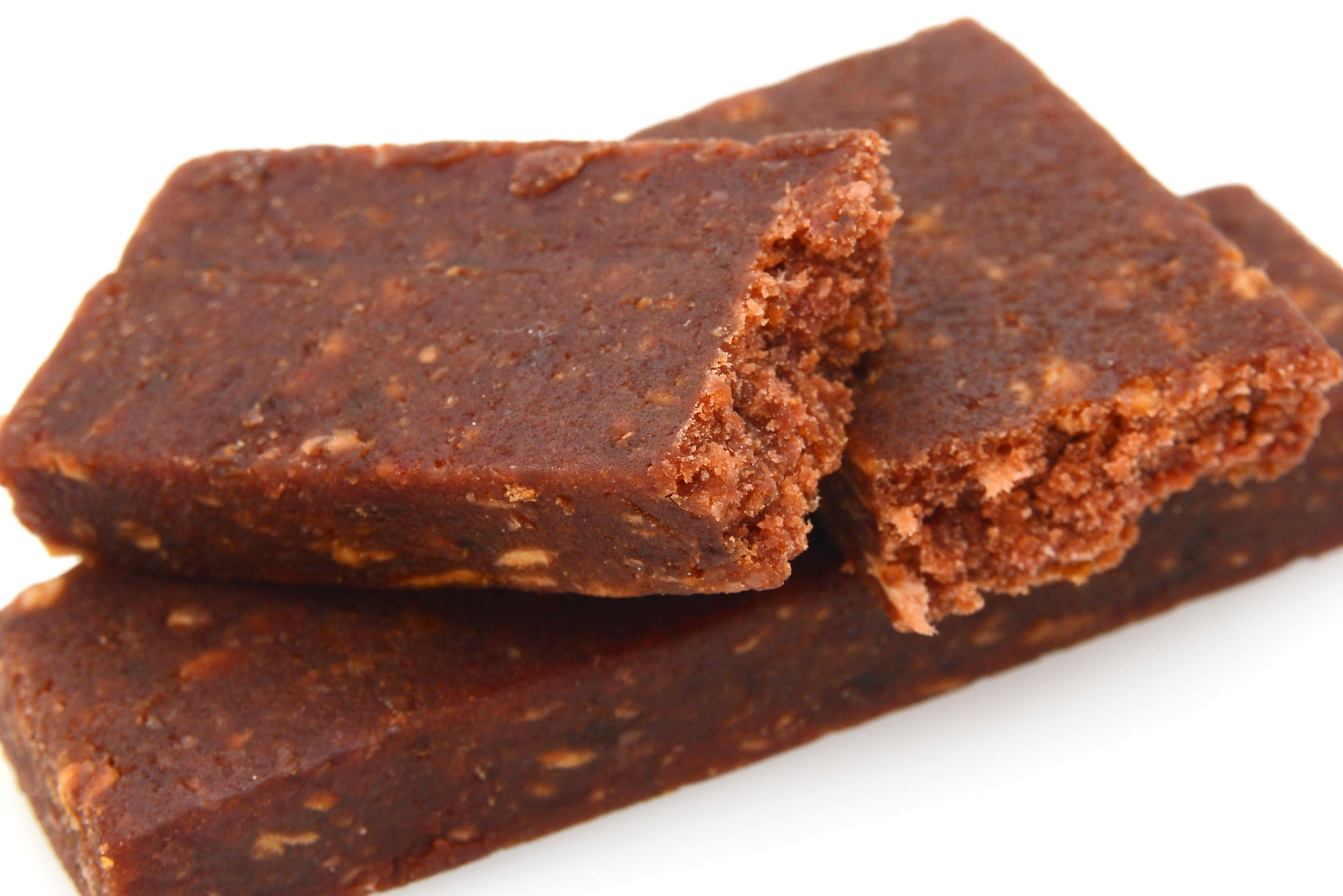
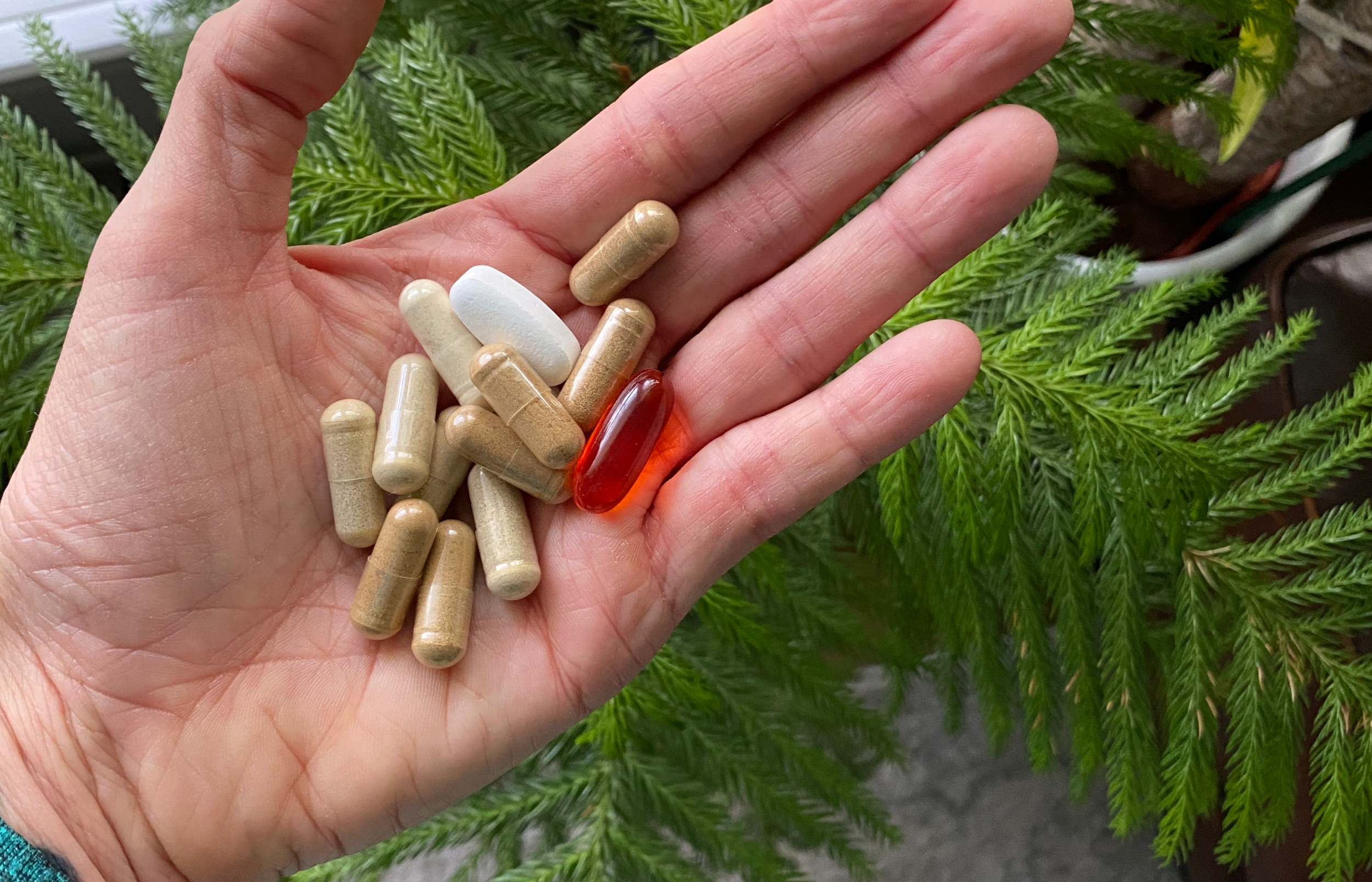

One Comment
Pingback: